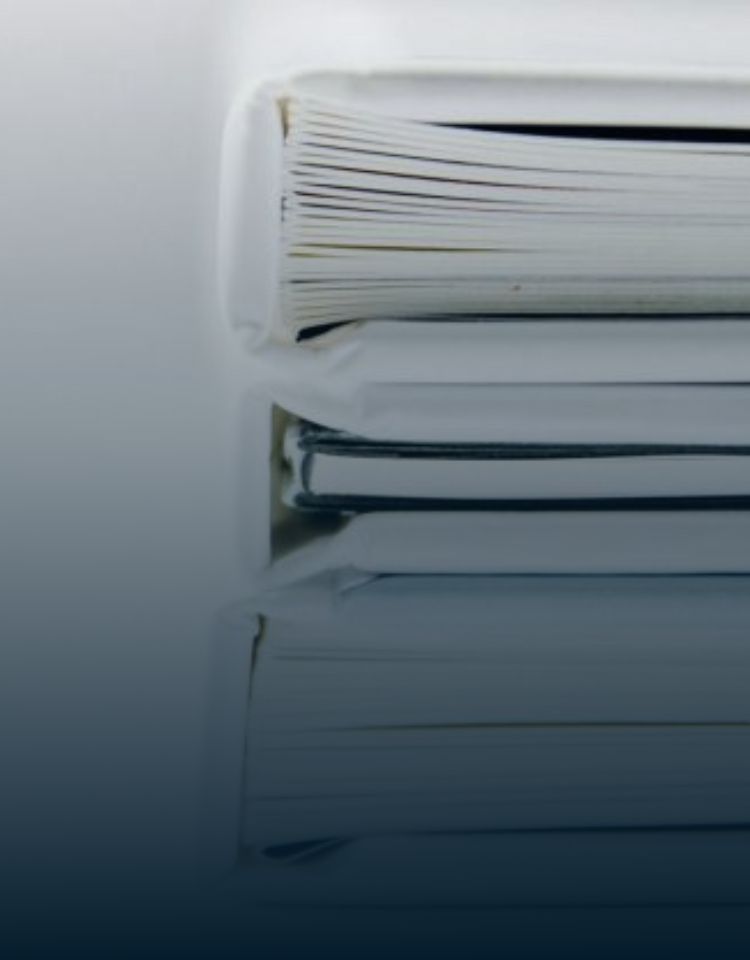Written By: Salvatore Shaw and Emma Pedota, Summer Student
McLeish Orlando celebrates its achievement in the recent decision Haines v. Aviva Insurance Company of Canada[1], where Salvatore Shaw and articling student, Ryan Marinacci, were successful at the Licence Appeal Tribunal (LAT) in defeating the insurance company’s claim that our client’s right to claim accident benefits was statute-barred.
The Applicant was injured in a motor vehicle accident in February of 2016 and applied for attendant care benefits (ACBs). The Applicant was initially afforded ACBs from March to November of 2016, however, his insurer later terminated these benefits on the basis that they were neither reasonable nor necessary. On taking over the file from a previous lawyer in 2019, McLeish Orlando was successful in January of 2020 in having the Applicant deemed catastrophically impaired (CAT).
Following the CAT determination, our office submitted an Assessment of Attendant Care Needs (“Form-1) seeking post-104 week ACBs on behalf of the Applicant. This benefit was denied, and the insurer relied on its refusal letter from 2016 that terminated attendant care benefits to the previous lawyer to refuse payment of the benefits and claimed that the time to dispute the denial was now statute-barred. McLeish Orlando applied to the Licence Appeal Tribunal (LAT) on behalf of our client seeking payment of these denied benefits. The parties agreed to have the issue of whether the Applicant’s claim was statute-barred as a result of the previous denial determined as a preliminary issue.
The Respondent’s Submissions
In their submissions, the Respondent maintained that the widely cited case of Tomec v. Economical Mutual Insurance Company can be distinguished from the current case as Tomec involved a claim for ACBs and housekeeping benefits which were “pre-emptively” denied, whereas the Applicant’s denial of ACBs, in this case, was not pre-emptive but after payment of the benefit and therefore the earlier denial should stand and the limitation period to dispute the denial now expired.
The insurance company raised this novel argument which they believed took this case outside the scope of Tomec. The Respondent’s relied on the case of R.M v. Certas Home and Auto Insurance[2] which stands for the proposition that when a benefit is not pre-emptively denied, discoverability does not apply, and the date of the denial is fixed. The Respondent’s argued that the Applicant’s catastrophic determination did not alter the decision to deny the benefit as it is inconsequential to the decision.
In attempting to further distinguish Tomec from the case at bar the Respondent’s claimed that unlike in Tomec, the Applicant’s condition in the present matter did not worsen, even though a catastrophic determination was made. They relied on the reduced ACB rate from 2016 to 2020 to suggest that there was an improvement in the Applicant’s injuries and needs, and therefore a claim cannot be said to have been “discovered” when the Applicant is doing better than he was at the time of the denial.
The Applicant’s Submissions
McLeish Orlando maintained that the Applicant was not statute-barred from proceeding with his claim for post-104 week ACBs on account of the fact that he was not eligible for these benefits until he was declared catastrophically impaired. The Schedule provides that only individuals who have been deemed catastrophically impaired are eligible for ACBs past the 104-week mark. Like in Tomec, without the designation of catastrophic impairment, the applicant would not have been entitled to post-104-week ACBs.
McLeish Orlando further submitted that the Applicant was not eligible for post-104 week ACBs at any point before his post-CAT Form 1 was submitted to his insurer on February 13, 2020. Thus, the Respondent’s refusal to pay post-104-week ACBs on the basis of its pre-104-week denial, at which time the Applicant was not deemed catastrophically impaired, is inconsistent with Tomec and incorrect.
The Decision
Adjudicator Jesse A. Boyce held that the Applicant was not statute-barred from proceeding with his claim for post-104-week ACBs as he was not qualified for this benefit until he was declared CAT. In keeping with the binding direction provided by the Court of Appeal in Tomec, the Adjudicator found that the rule of discoverability did apply to the Applicant’s claim and should therefore be allowed to proceed.
The Adjudicator subsequently held that, contrary to Aviva’s submissions, its 2016 denial of pre-104- week ACBs clearly pre-dates the applicant’s eligibility, so its acceptance of the applicant’s CAT impairment was consequential to the denial as the applicant was not eligible for the benefit he is now claiming. Lastly, the Adjudicator rejected Aviva`s assertion that the Applicant`s condition improved following the 2016 denial as he was deemed catastrophically impaired in January of 2020.
The Adjudicator further noted that had the rule of discovery not applied in this case, he would have exercised the discretion afforded by s. 7 of the License Appeal Tribunal Act to extend the limitation period. S. 7 allows the Tribunal to extend a limitation period if it is satisfied that there are reasonable grounds for granting such relief, based on four factors: a bona fide intention to appeal; the overall delay; prejudice to the parties; and, the merits of the claim. On the first factor, the Adjudicator found that it was impossible for the Applicant to have had the intention to appeal the denial of a benefit he was not yet eligible for. With regards to the overall delay, the Adjudicator rejected Aviva`s argument that the delay was a total of four years as the Applicant applied to the Tribunal within a month of receiving his denial. Finally, the Adjudicator Boyce held that there would be limited prejudice to Aviva if the limitation period was extended, and the merits of the Applicant`s claim were obvious on account of the Applicant`s CAT designation.
Order
The Applicant was not statute-barred by s.56 of the Schedule to advance his claim for ACBs. The parties were asked to contact the Tribunal to arrange a case conference on how to proceed with this matter.
The lawyers at McLeish Orlando played a critical role in this decision and understand the nuances of limitation periods and how they can affect the availability of benefits. By confirming that the Respondent insurer was incorrect in its interpretation of the law, our lawyers will continue to represent our client to ensure he receives the full compensation he deserves.
[1] Haines v. Aviva Insurance Company of Canada, 2021 ON LAT 20-003388/AABS.
[2] R.M v. Certas Home and Auto Insurance, 2020 CanLII 87925.






